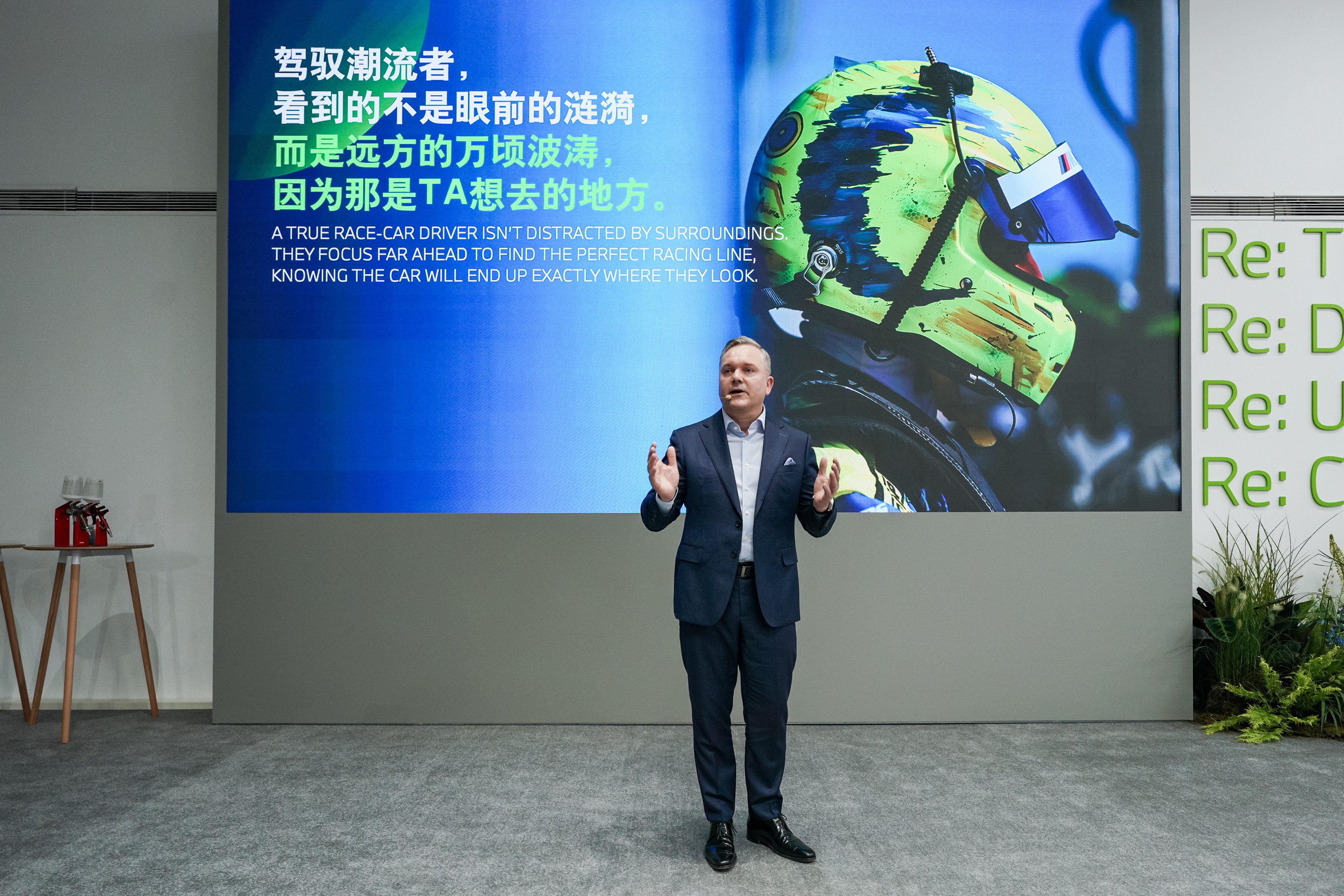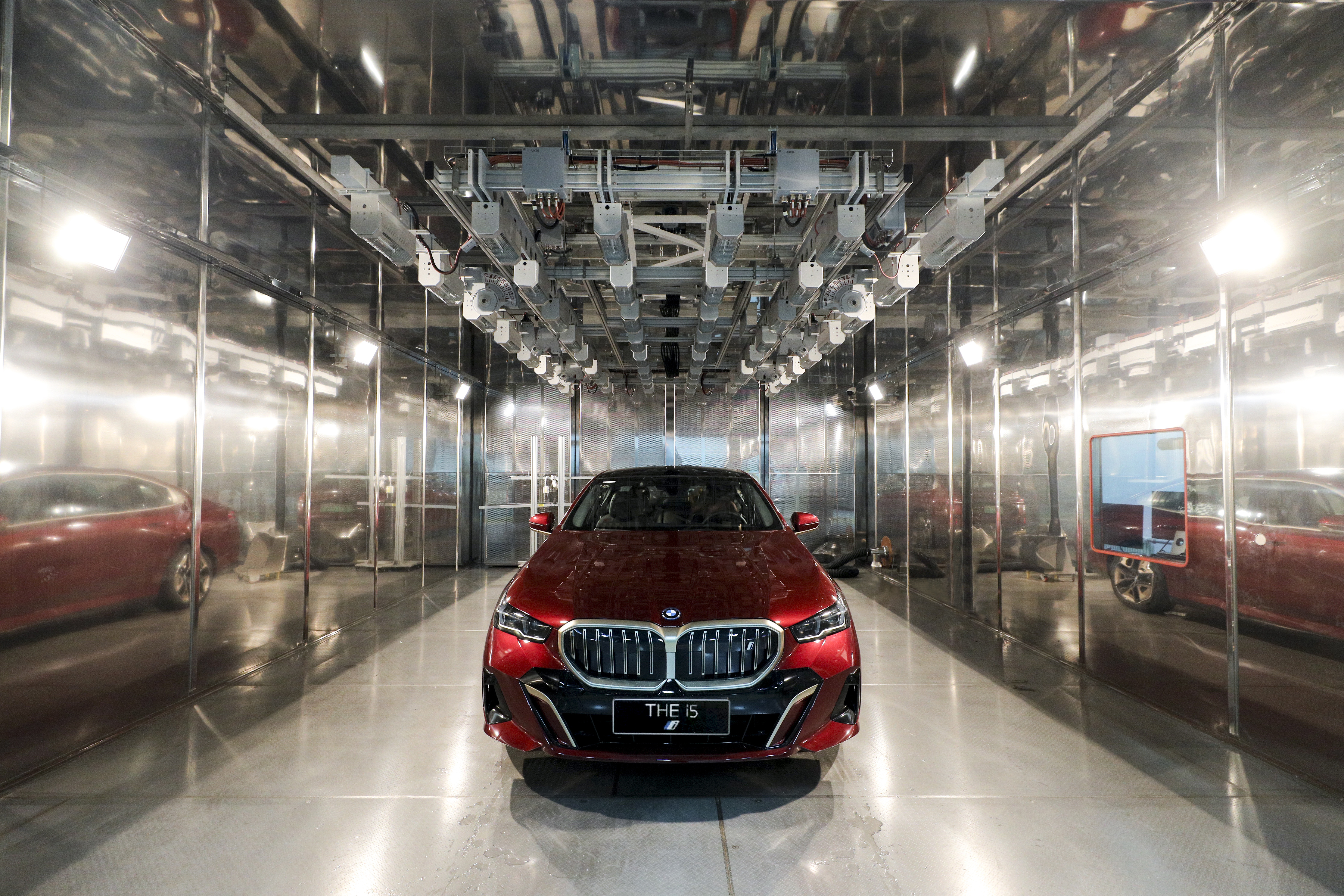On July 18th, the BMW Group held its fourth BMW Group China Sustainability Summit in Beijing, showcasing their latest achievements in sustainable development. Through this summit, BMW detailed a series of sustainable development initiatives and achievements in the Chinese market.

The Shenyang production base is a benchmark for BMW’s low-carbon production in China. This site uses entirely renewable electricity, with a solar photovoltaic power generation capacity reaching 89.8 megawatts, reducing carbon emissions. In water resource management, BMW has established a closed-loop system, aiming to reduce consumption to 1.72 cubic meters per car by 2023. BMW has also set a goal of achieving zero waste landfilling by 2024. The powertrain plant met this target at the beginning of 2023, and the vehicle factory is working to follow suit. To control volatile organic emissions, BMW employs environmentally friendly technologies.
In terms of technical reserves and innovation, BMW showed several breakthroughs in eco-friendly and efficient production:
- In coating technology, BMW uses water-based paint and has introduced AI glue application, AI paint polishing, and automatic optical inspection (AOI). The integral painting process (IPP) optimised the entire coating process.
- In terms of materials, BMW uses recycled and eco-friendly materials, such as vegan leather, biobased materials, and natural fibre materials, particularly Veganza eco-friendly materials and Verdana vegan materials. Additionally, new materials containing coffee grounds are a major highlight in BMW’s push for a circular economy.

The application of digital technology is also an essential part of BMW’s sustainable development strategy. Integrated emitting grilles and encompassing interactive light strips reduce energy consumption. The FSC certified wood centre console and ‘Shy Tech’ hidden technology embody environmental consciousness with design flair.
BMW promotes green transformation amongst its dealers in the Chinese market. Currently, over 250 dealers have received the “Leading Green Star” certification. BMW has thus achieved low-carbon manufacturing and green marketing, creating an eco-friendly supply chain from production to sales.

In terms of investment and talent development, BMW has invested an additional 20 billion RMB in the Shenyang production base for the sixth-generation battery project and base upgrades. This not only improves production efficiency and technical levels, but also reduces carbon emissions. BMW also made substantial investments in R&D centres in Shanghai and Shenyang to further enhanceThe R&D capabilities and technological innovation level in the Chinese market.
This article is a translation by AI of a Chinese report from 42HOW. If you have any questions about it, please email bd@42how.com.
